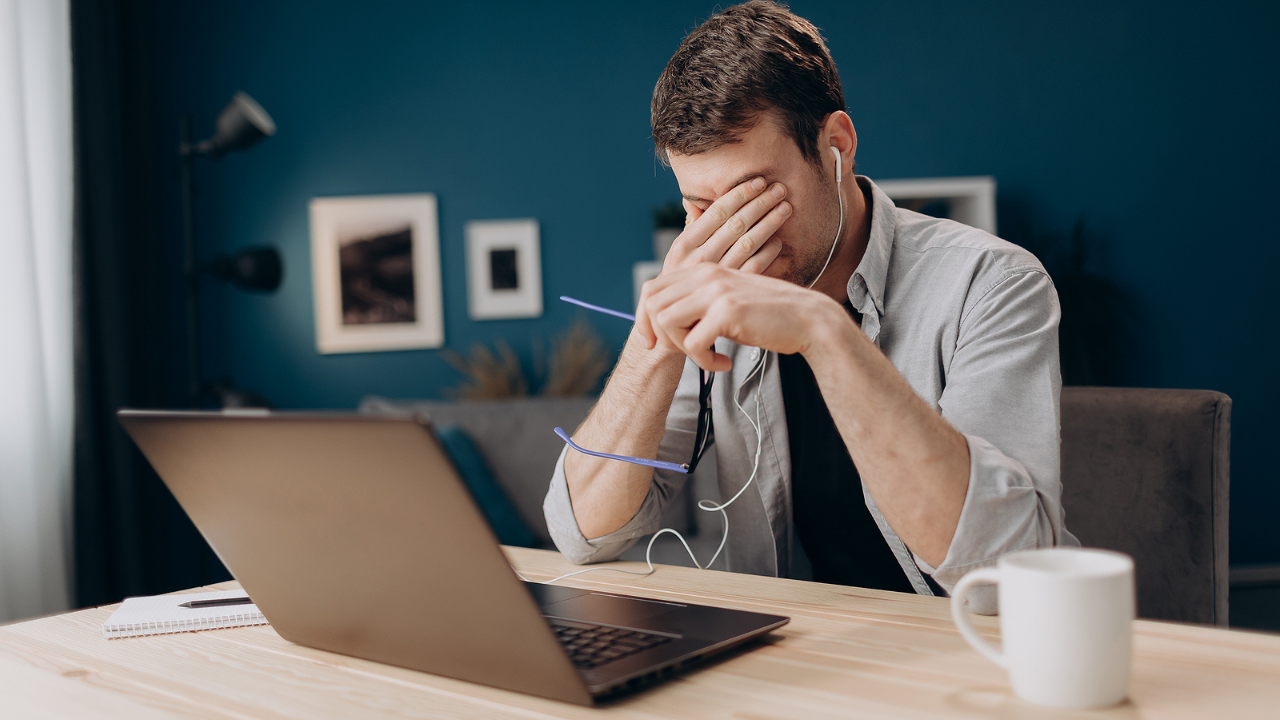Studies have found that many people are struggling with growing levels of anxiety and depression at work, solidifying the need for employers to better care for their employees’ mental health.
While remote working was once a highly sought-after arrangement, employees have found that the appeal has worn off with time. With the boundaries between home and work getting blurred, professionals suffer from the feeling of being “always on.”
This has led to many suffering from workplace burnout, with professionals working longer hours and suffering from Zoom fatigue.
One of the biggest downsides to working from home full-time has been the lack of private space for many. In fact, research from market research firm Ipsos MORI found that two-thirds of renters do not have a private workspace at home.
This means that they are constantly surrounded by home distractions, which can make it hard to have work-related conversations or focus on projects.
Now that vaccines are being distributed worldwide, there is the possibility that workers will return to the office. However, companies are likely to lean into hybrid work policies that combine both in-office and at-home arrangements.
Even as we begin to slowly emerge from the pandemic, employers need to be there to support their workers now more than ever. Providing them access to healthy, safe workspaces when needed will be essential, as will supporting their personal wellbeing.



 Dr. Gleb Tsipursky – The Office Whisperer
Dr. Gleb Tsipursky – The Office Whisperer Nirit Cohen – WorkFutures
Nirit Cohen – WorkFutures Angela Howard – Culture Expert
Angela Howard – Culture Expert Drew Jones – Design & Innovation
Drew Jones – Design & Innovation Jonathan Price – CRE & Flex Expert
Jonathan Price – CRE & Flex Expert









